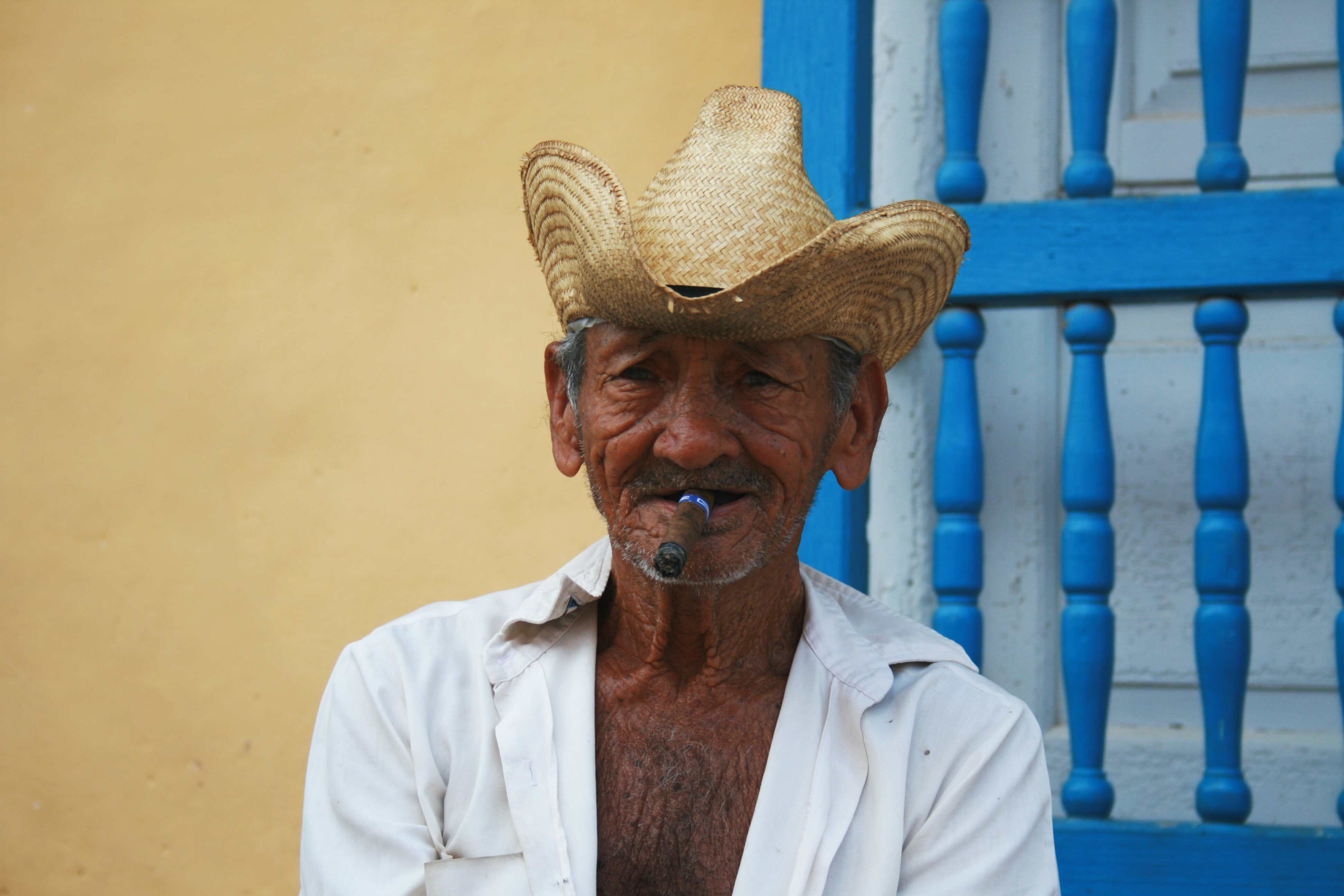Hidden Gems Of Cuban Slang You’ve Never Heard Of

Thinking about visiting Cuba? Knowing some Cuban slang can make your trip even more enjoyable. Locals will appreciate your effort, and you’ll feel more connected. Imagine walking through Havana, hearing words and phrases that aren’t in your typical Spanish textbook. These unique expressions give you a peek into the vibrant culture. From greetings to everyday chatter, Cuban slang adds color to conversations. Whether you’re ordering food, asking for directions, or just making friends, these words will come in handy. Ready to dive into the world of Cuban expressions? Let’s get started!
Cuban Slang: A Colorful Language
Cuban slang, or "jerga cubana," is a vibrant part of the island's culture. It reflects the country's history, humor, and daily life. Here are some hidden gems of Cuban slang you might not know.
Expressions for Everyday Life
Cuban slang often includes unique expressions for daily activities. These phrases can make conversations more lively and fun.
- "Acere" – This term means "buddy" or "friend." It's a common way to greet someone casually.
- "Yuma" – Refers to a foreigner, especially someone from the United States.
- "Jama" – Slang for food. If you're hungry, you might say, "Tengo jama."
Describing People and Personalities
Cubans have a knack for creating colorful terms to describe people and their personalities. These expressions can be both humorous and insightful.
- "Guajiro" – Refers to a person from the countryside. It's similar to calling someone a "country bumpkin."
- "Temba" – Describes an older person, often used affectionately.
- "Fula" – Means someone is untrustworthy or shady.
Talking About Money
Money is a common topic in any culture, and Cuban slang has its own unique terms for discussing finances.
- "Caña" – Slang for money, similar to "bucks" in English.
- "Chavito" – Refers to the Cuban convertible peso (CUC), the currency used by tourists.
- "Baro" – Another term for money, often used in informal settings.
Describing Situations and Emotions
Cuban slang also includes vivid expressions for various situations and emotions. These phrases can add depth to conversations.
- "Asere, qué bolá?" – A common greeting that means "Hey, what's up?"
- "Está en candela" – Means something is very difficult or problematic.
- "Echar un pie" – Literally "to throw a foot," it means to dance.
Unique Words for Objects
Everyday objects often have their own slang terms in Cuban Spanish. These words can be surprising and amusing.
- "Guagua" – Refers to a bus. If you're waiting for public transport, you're waiting for the "guagua."
- "Jinetero" – Originally meant a jockey, but now refers to someone who hustles or scams tourists.
- "Bici" – Short for bicycle, a common mode of transport in Cuba.
Slang for Social and Cultural Activities
Social life and cultural activities are rich areas for slang. These terms often reflect the vibrant Cuban lifestyle.
- "Fiesta" – While it means "party" in many Spanish-speaking countries, in Cuba, it often implies a lively, all-night celebration.
- "Rumba" – Refers to a type of music and dance, but also a party or gathering.
- "Tumbao" – Describes a person's rhythm or style, especially in dancing.
Terms for Food and Drink
Cuban cuisine is delicious and diverse, and the slang for food and drink reflects this variety.
- "Batido" – A milkshake, often made with tropical fruits.
- "Café con leche" – Coffee with milk, a staple in Cuban breakfasts.
- "Ron" – Slang for rum, an essential part of Cuban culture.
Words for Transportation
Getting around in Cuba involves various modes of transport, each with its own slang term.
- "Almendrón" – Refers to the classic American cars from the 1950s still in use as taxis.
- "Bicitaxi" – A bicycle taxi, a common sight in Cuban cities.
- "Camello" – Literally "camel," it refers to a type of bus with two humps used in Havana.
Embracing Cuban Slang
Learning Cuban slang opens up a whole new world of communication. It’s not just about words; it’s about understanding the culture, humor, and daily life of Cuba. Whether you're planning a trip or just curious, knowing phrases like "asere" (friend) or "pinchar" (to work) can make interactions more meaningful.
These expressions give you a deeper connection to the people and places you encounter. Plus, using local slang shows respect and effort, which locals always appreciate. So next time you hear "¿Qué bolá?" (What's up?), you'll know exactly how to respond.
Dive into these hidden gems of Cuban slang, and you'll find your experience enriched in ways you never imagined. Happy learning!

